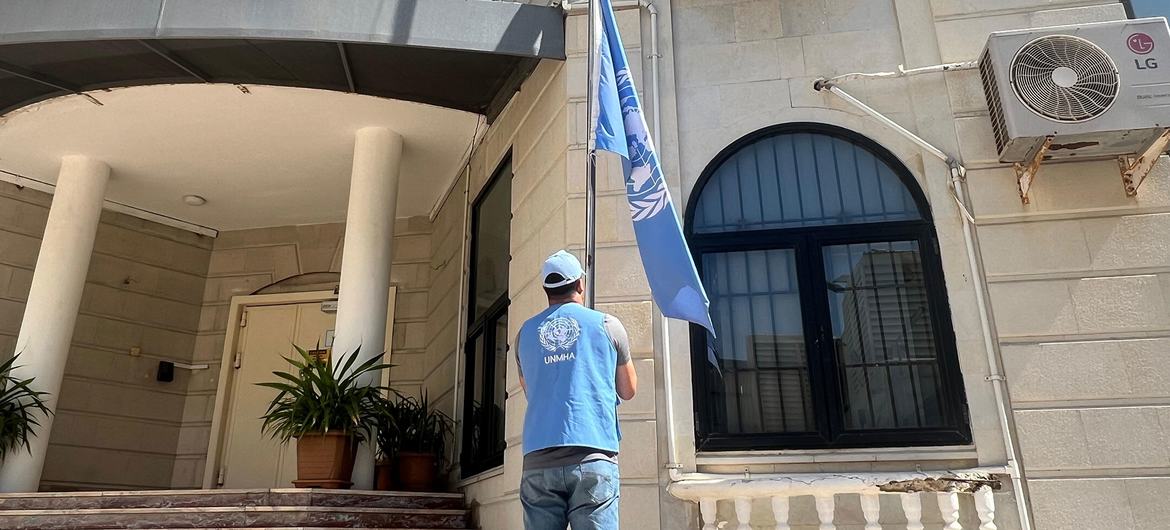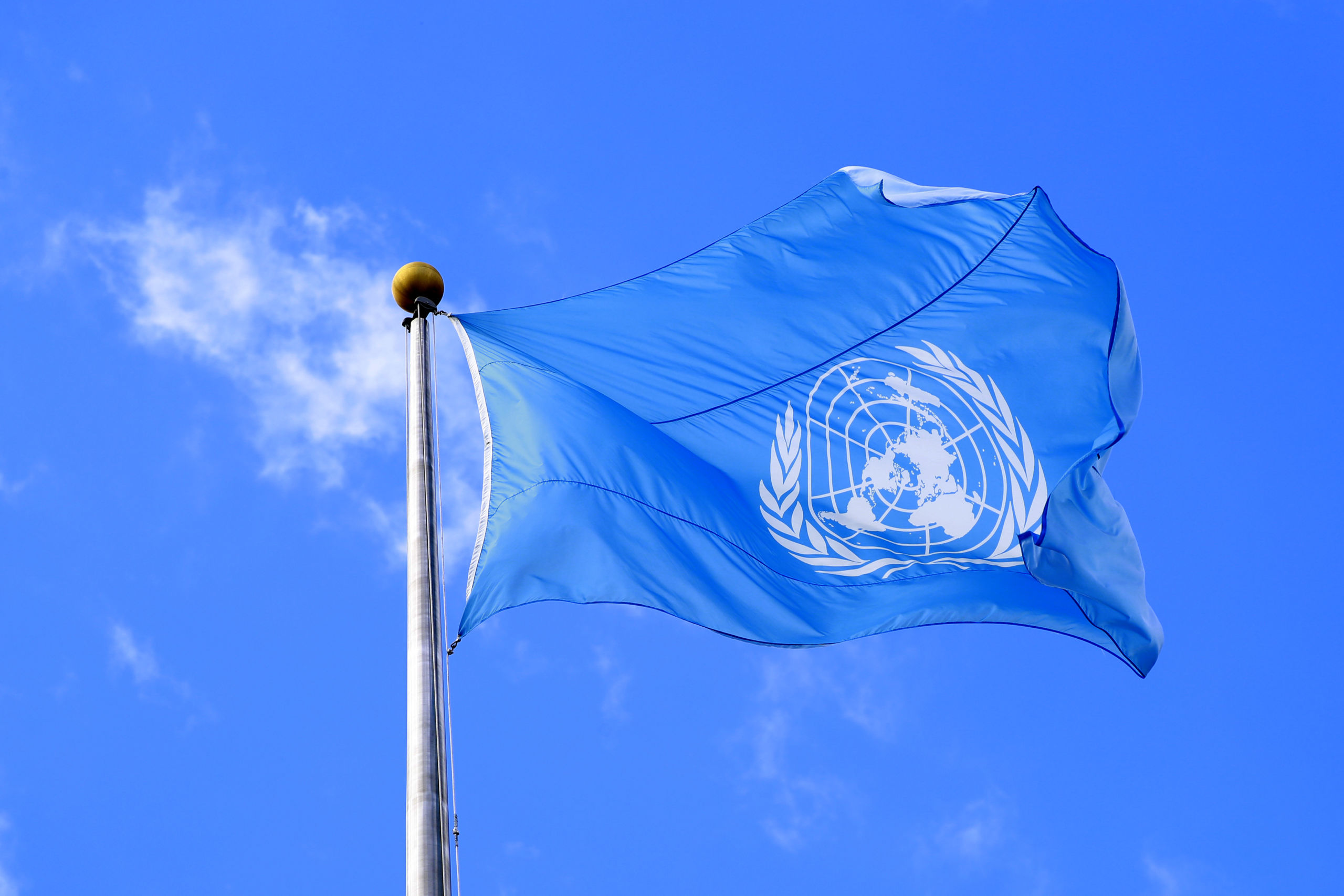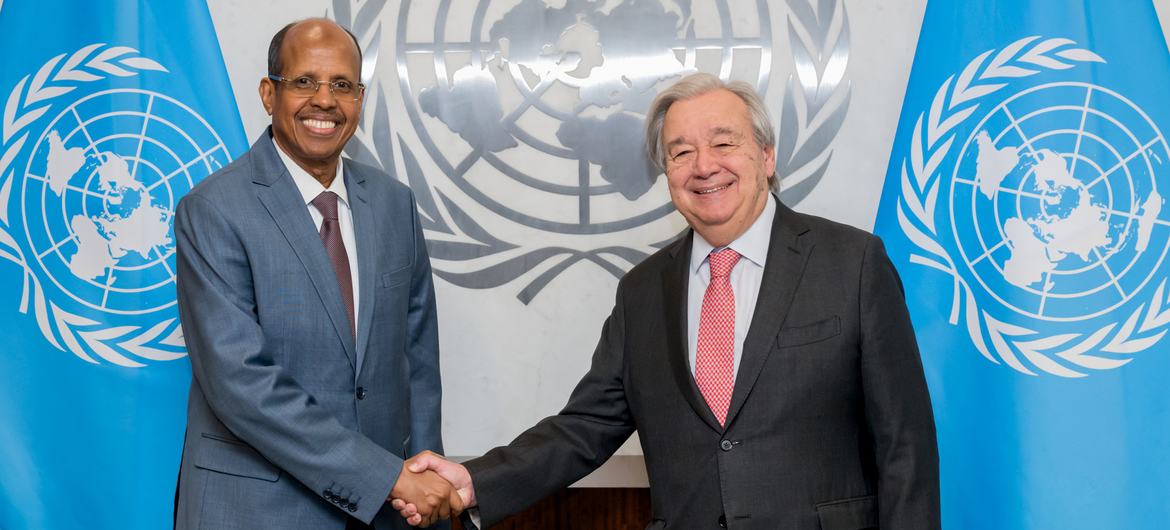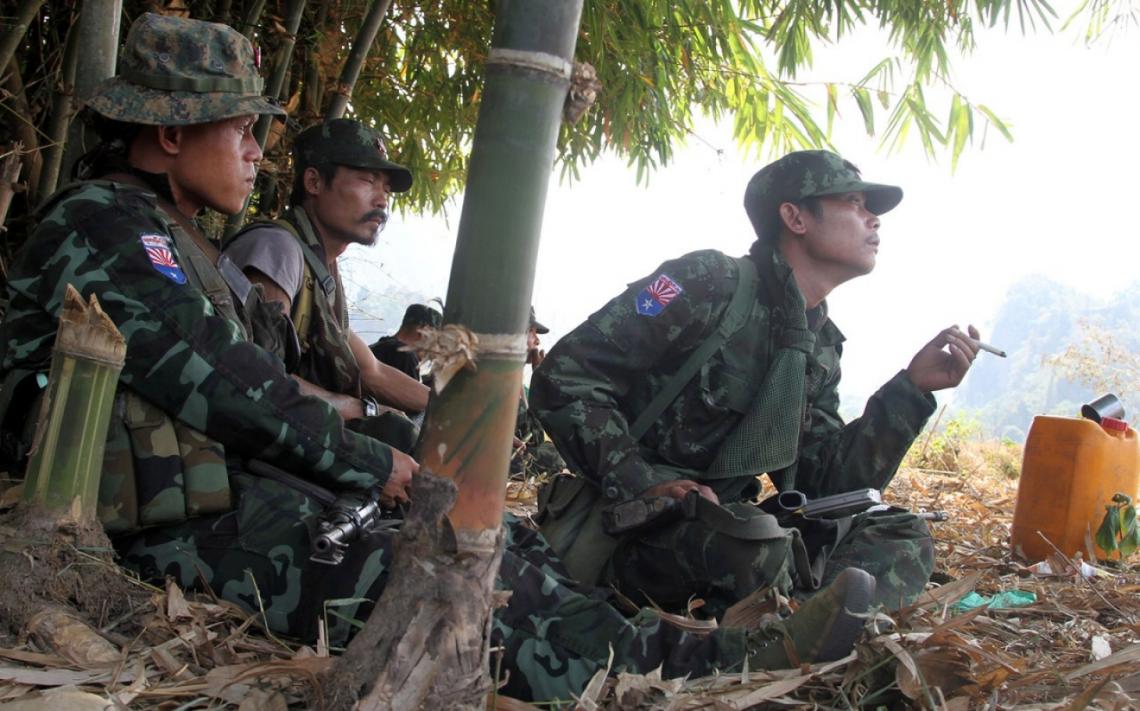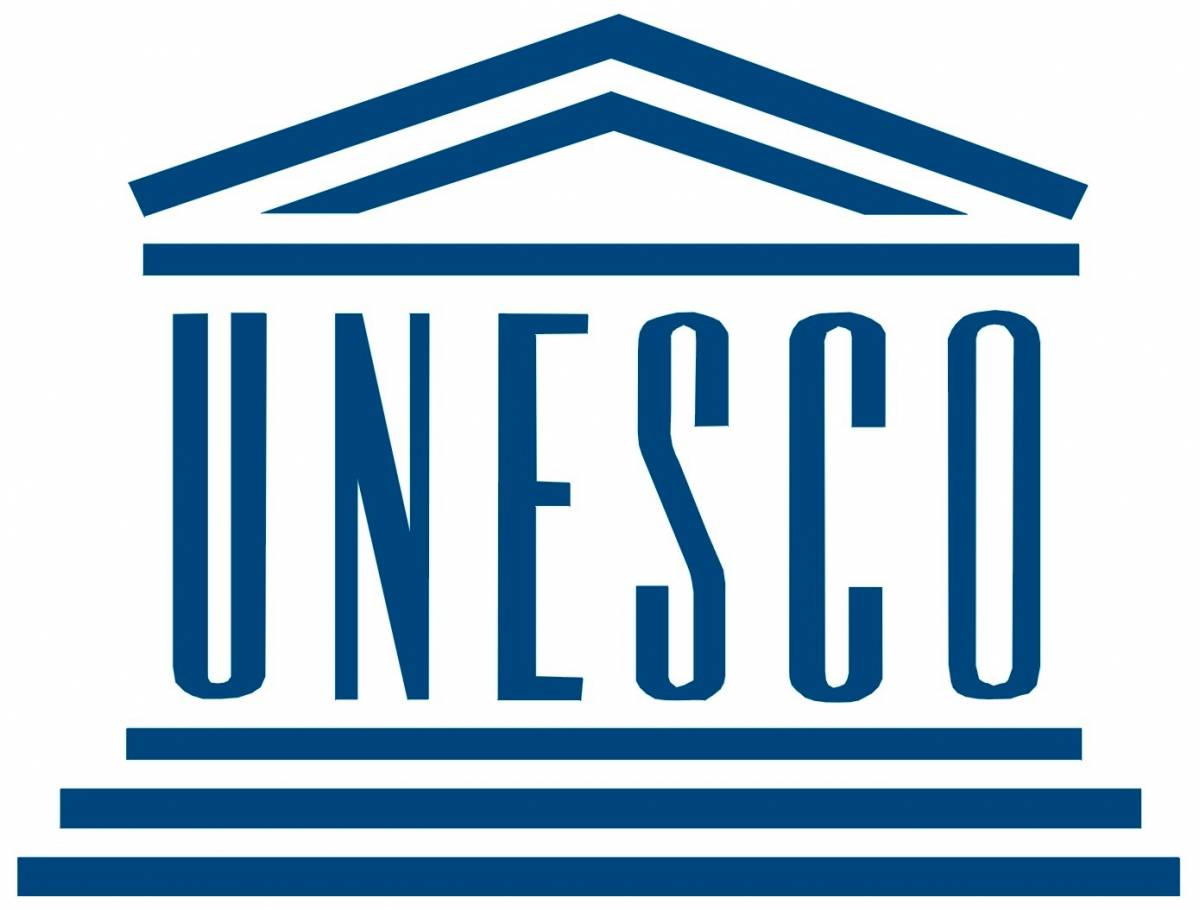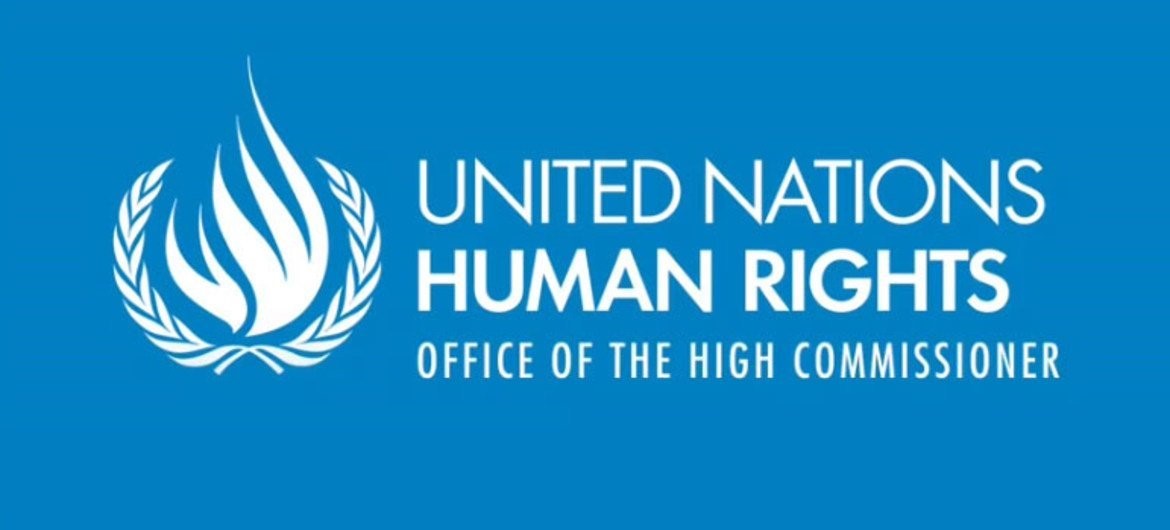Amnesty releases manual on human rights of people with Albinism

On Monday Amnesty International released a manual which explains the role of national human rights institutions (NHRIs) in promoting human rights in the context of albinism.
The manual sets out the types of violations that prevent the full enjoyment of all human rights by persons with albinism and the obligations of States to protect these rights. It further seeks to provide tools to assist NHRIs in carrying out their human rights promotion and protection functions in relation to albinism.
The manual further seeks to provide tools to assist NHRIs in carrying out their human rights promotion and protection functions in relation to albinism. These include practical information on investigating violations of such rights through national inquiries and individual complaints, as well as developing and implementing promotion strategies, and carrying out advocacy at the national and international level.
Albinism is defined by Amnesty as ‘a relatively rare, non-contagious, genetically inherited condition resulting in little to no pigmentation in the skin, hair and eyes. The condition affects people worldwide regardless of ethnicity or gender. Persons with albinism are highly vulnerable to skin cancer and often have disabilities, mainly as a result of vision impairment and skin impairment.’
Albinism is considered a disability because persons with albinism often have low vision, nystagmus and photophobia. In addition, their lack of pigmentation makes them vulnerable to the sun and more susceptible to skin cancer.
Persons with albinism are unable to fully enjoy rights such as the right to education, the right to work, access to information, participation in public affairs. In addition, they are unable to enjoy rights on an equal basis with others when they are treated differently due to their lack of pigmentation.
‘Hunted like animals’
Speaking to Al Jazeera, Vongai Chikwanda, regional campaigner at Amnesty International and researcher on Albinism said: ‘Harmful myths and practices have led to persons with albinism being actively hunted like animals for their body parts resulting in loss of life.’
Chikwanda further stated: ‘NHRI’s can promote the rights of people with albinism by investigating harmful practices and by holding the state accountable in terms of its international obligations.’
The manual sets out the duties of the state in enabling people with albinism to access education and enjoy their other rights.


